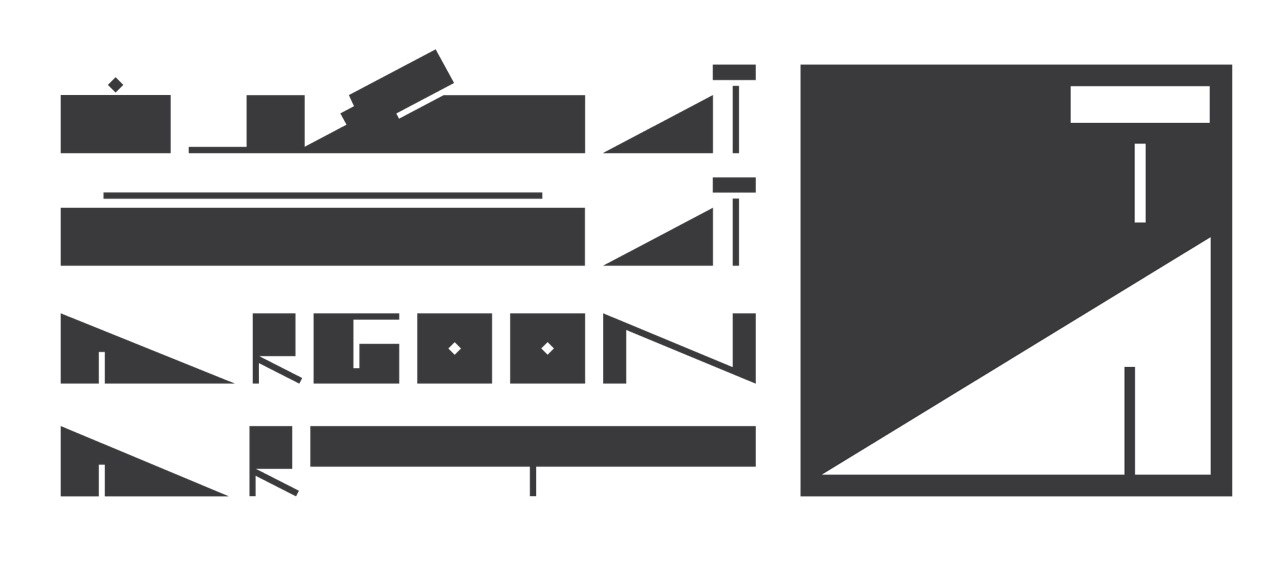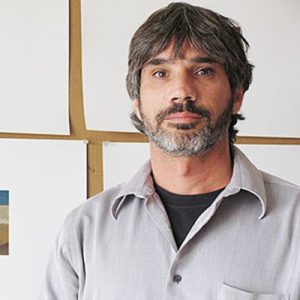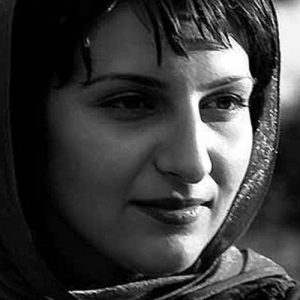
Zeina Abirached was born in Beirut, Lebanon in 1981. She studied at the Académie Libanaise des Beaux-Arts (ALBA) in Beirut and the École Nationale Supérieure des Arts Décoratifs in Paris.
Abirached published her first comics while studying at ALBA. From the very beginning, her childhood in civil-war ravaged Lebanon played a decisive role in her multiple award-winning work. Indeed, she draws much of the content for her short comics and graphic novels from autobiographical experiences as well as from everyday objects, such as old photographs and TV recordings. One can also make out the influence of the famous French comic authors David B. and Jacques Tardi throughout Abirached’s oeuvre. She achieved her international breakthrough with the graphic novel »Le jeu des hirondelles. Mourir, partir, revenir« (2007; Eng. »A Game for Swallows: To Die, to Leave, to Return «, 2012). In this memoir, Abirached uses her characteristic black-and-white drawings and »playful geometrics« (»Der Tagesspiegel«) to describe a day in war-torn Beirut in the year 1987. For those people who stayed in the city, it’s a life shaped by snipers, military patrols and roadblocks. And yet, Abirached does not depict the horrors of war; instead, the conflict is something she leaves entirely outside. Indeed, »Le jeu des hirondelles« is quite literally a chamber play. For seven-year-old Zeina, the Abirached’s apartment –located just a few steps from the demarcation line – has become the extent of her entire world. One day, however, her parents do not return from a visit to her grandmother. In the hallway – the only safe place in a house otherwise under constant fire – neighbors and friends gather to distract the children from worrying about their parents. And yet, Abirached does not convey her distress at the cramped confines and tense situation through expressions of mistrust, aggression or hate; instead, she uses humor to portray an atmosphere of unity and solidarity. The »Süddeutsche Zeitung« described the book as »One of those masterpieces of this art form of which two or three at the most are published each year.« In »Je me souviens. Beyrouth« (2009; Eng. »I Remember Beirut«, 2014), the Lebanese Civil War is once again ever-present and yet never finds its way explicitly into the graphic novel. Here, too, the author portrays the absurdity of war from a child’s perspective; for example, the heroine’s brother proudly assembles a collection of shrapnel, while the father plays Wagner at full volume to drown out the cacophony of war. Against a backdrop of horror, Abirached unfolds the panorama of a childhood characterized by safety and happiness in the face of massive adversity. »Her drawings, which appear naïve at first, boast an extraordinary sharpness« (»Kurier«) and reveal influences from Arabic calligraphy.


 Argoon Art | Sell online in the simplest way possible
Argoon Art | Sell online in the simplest way possible







